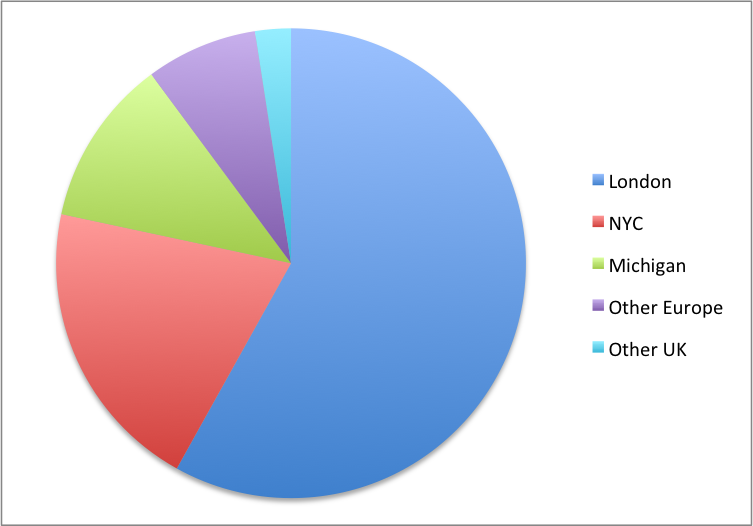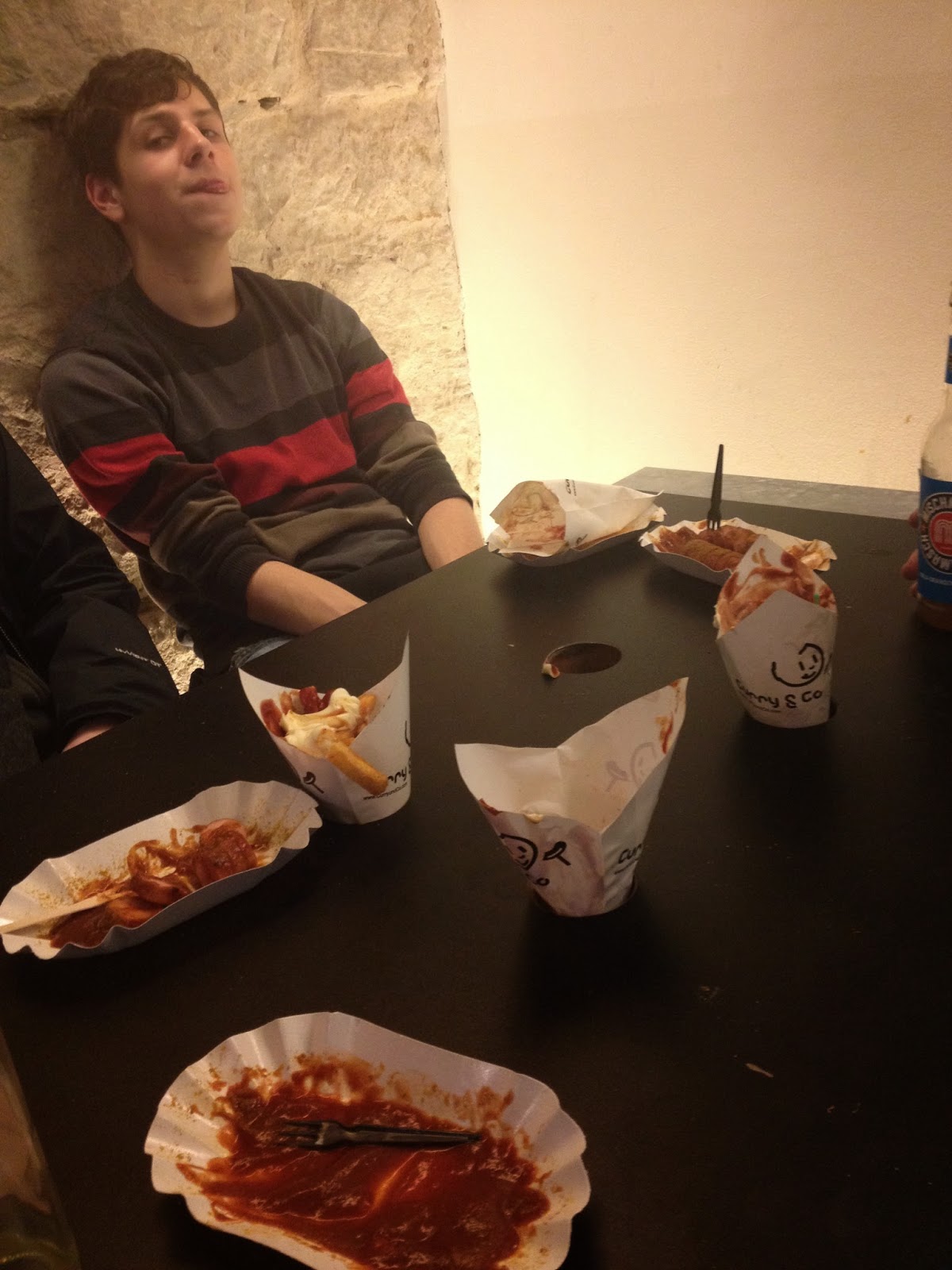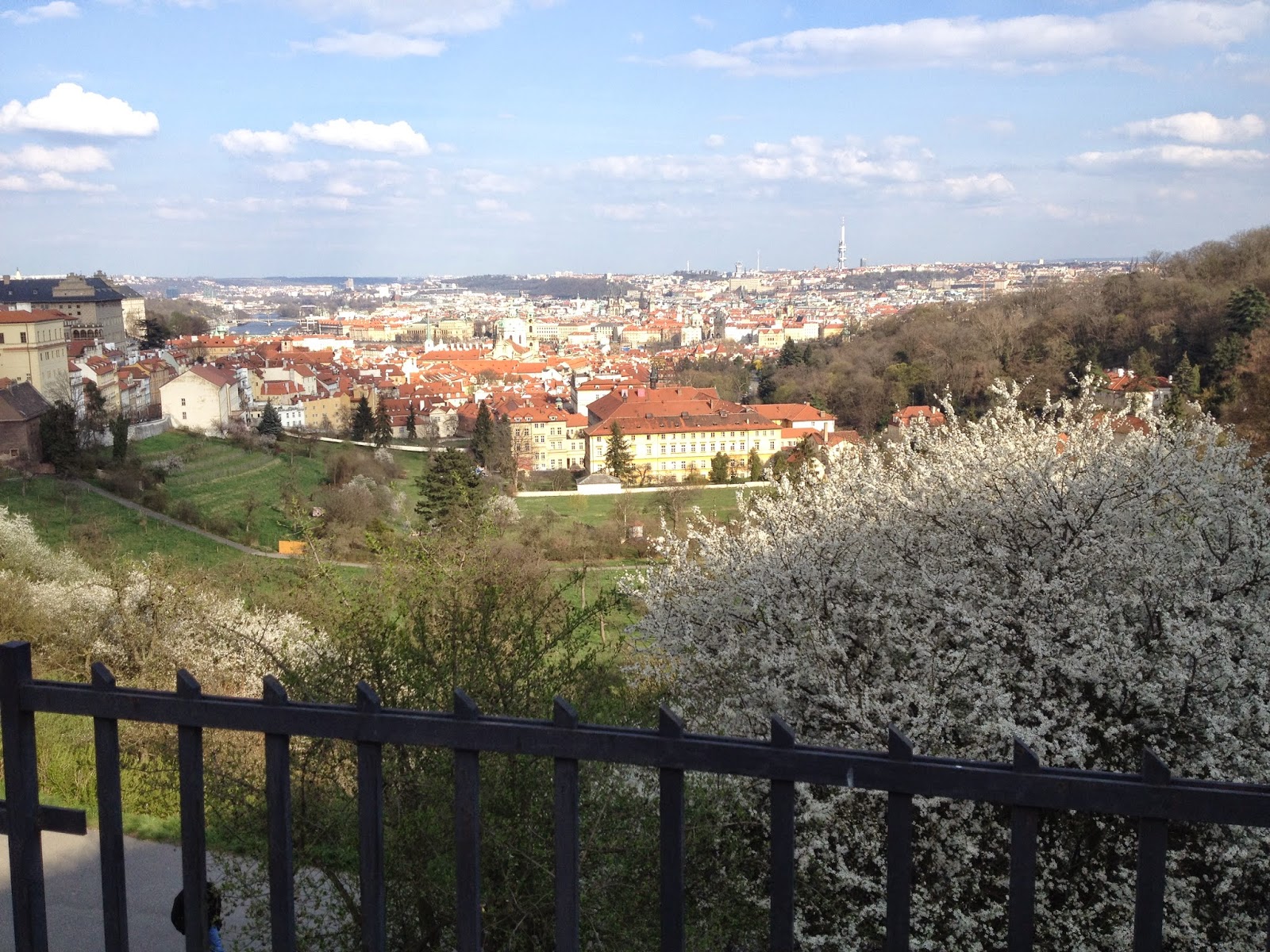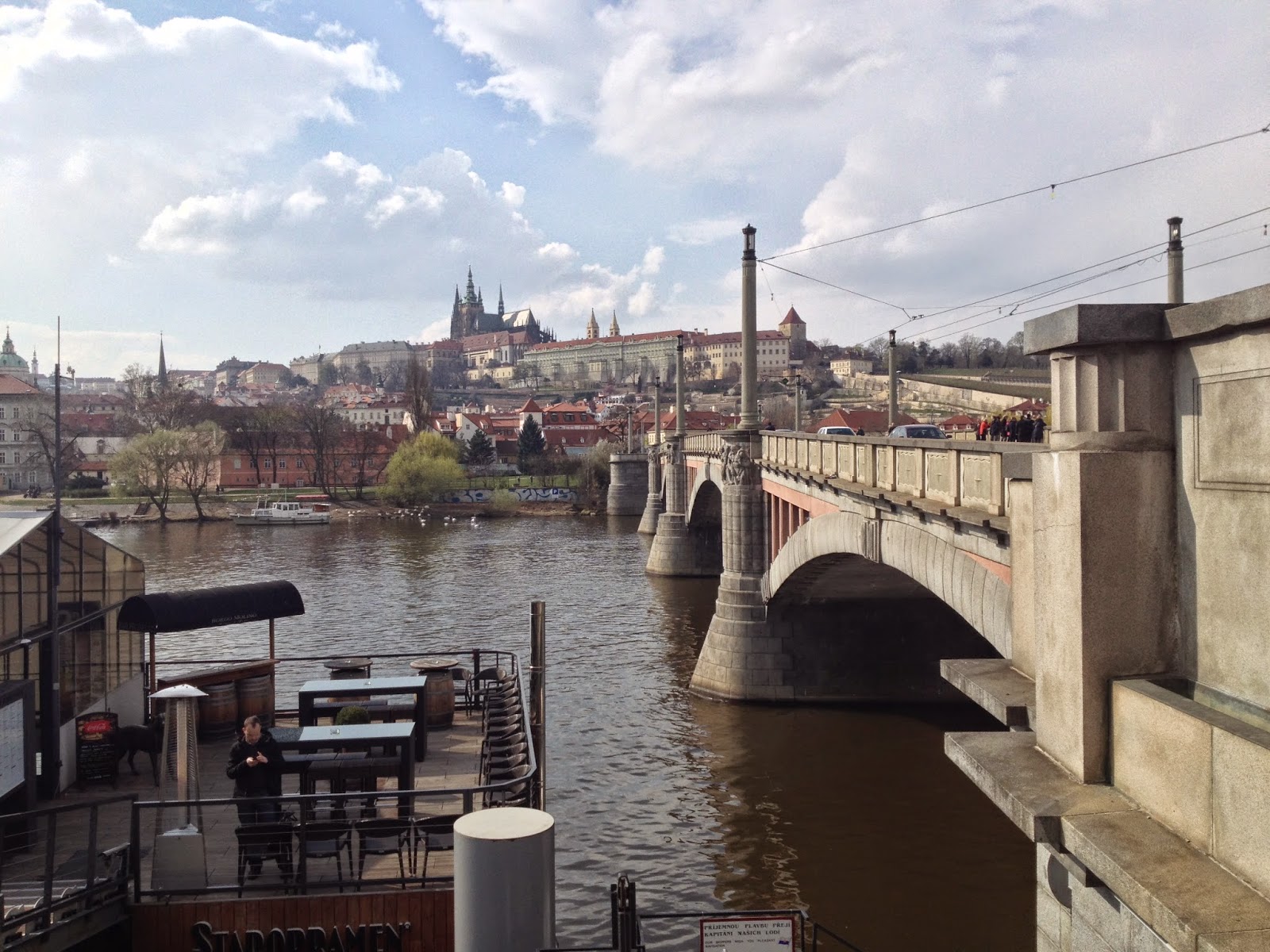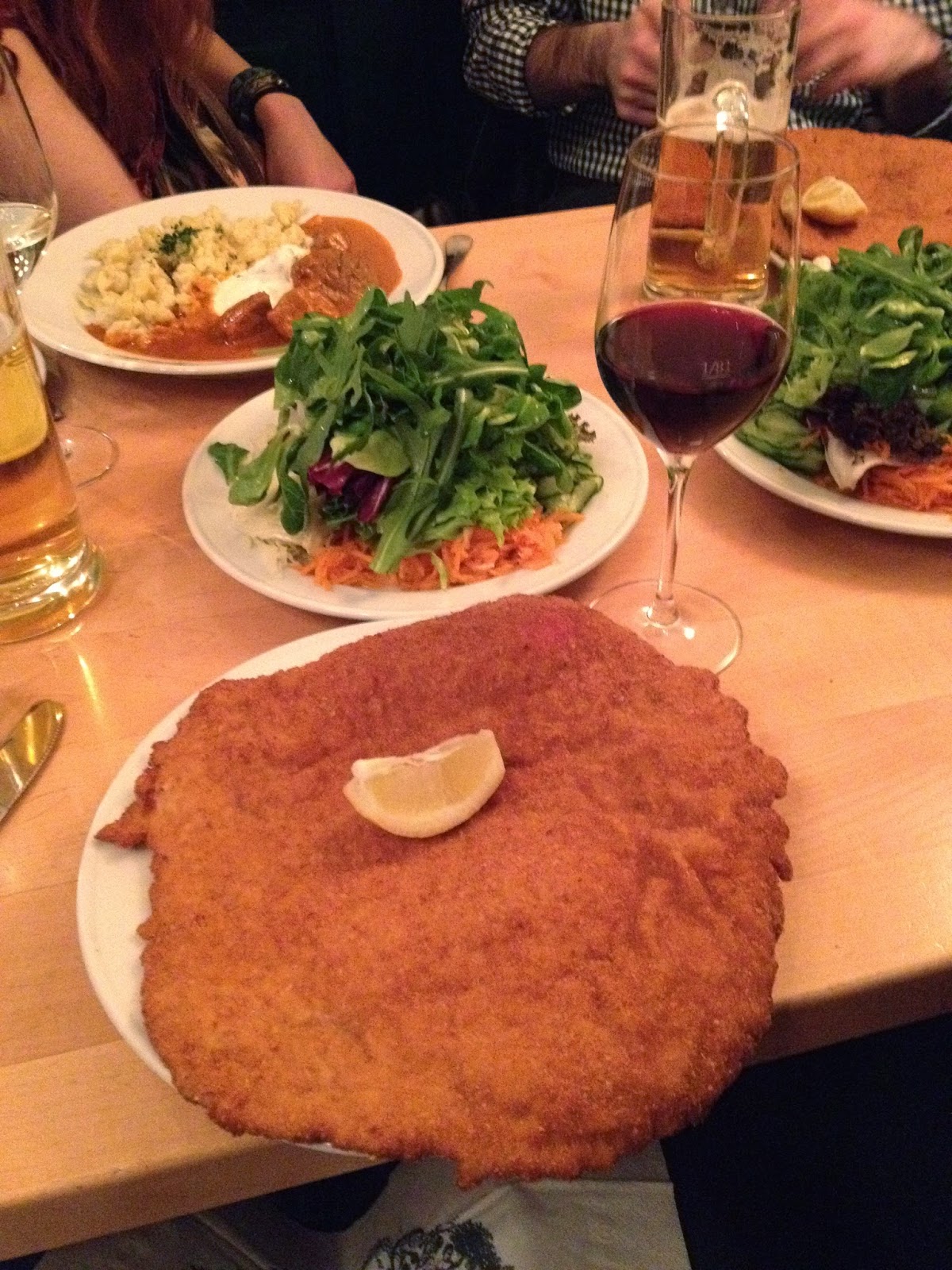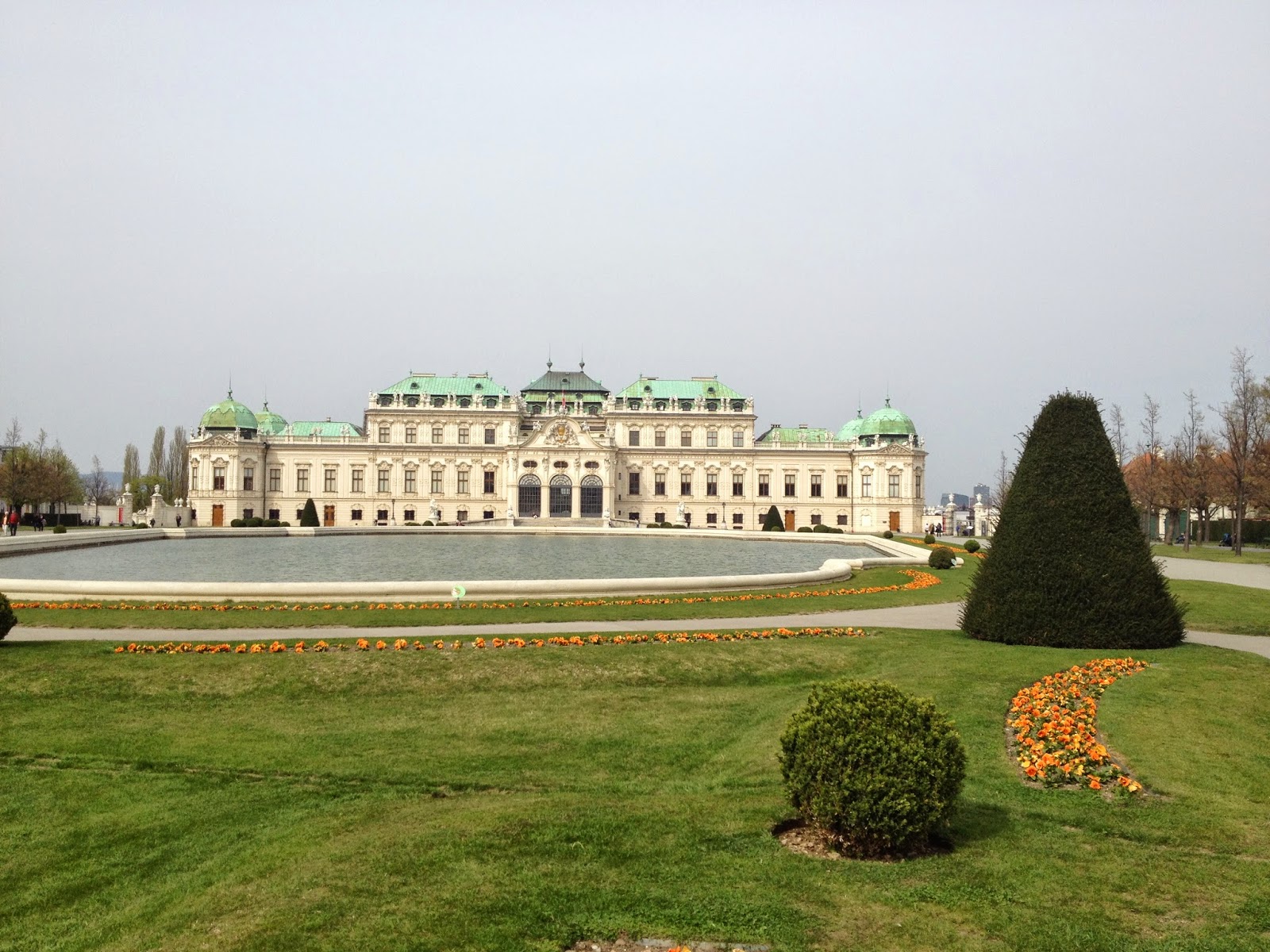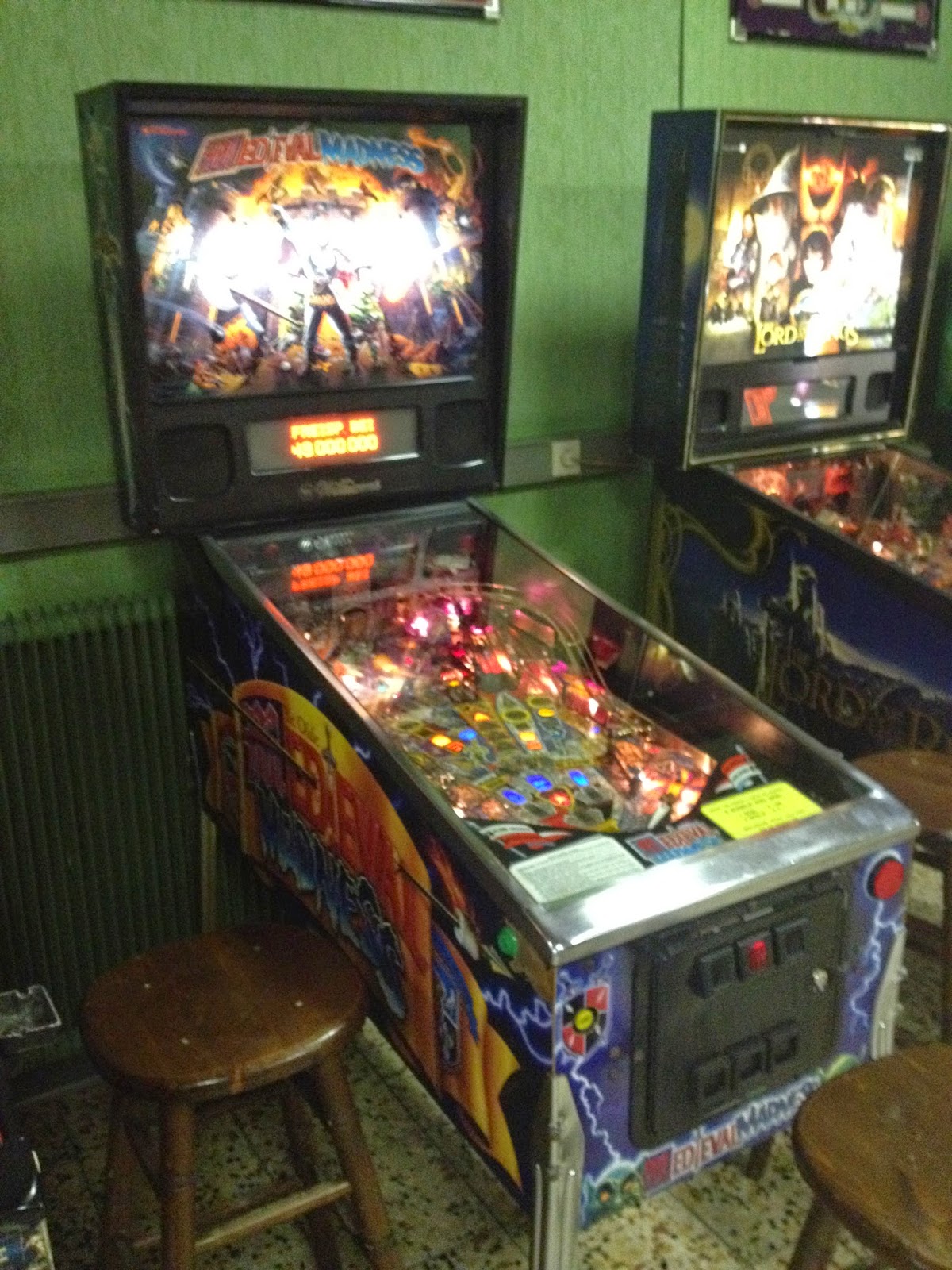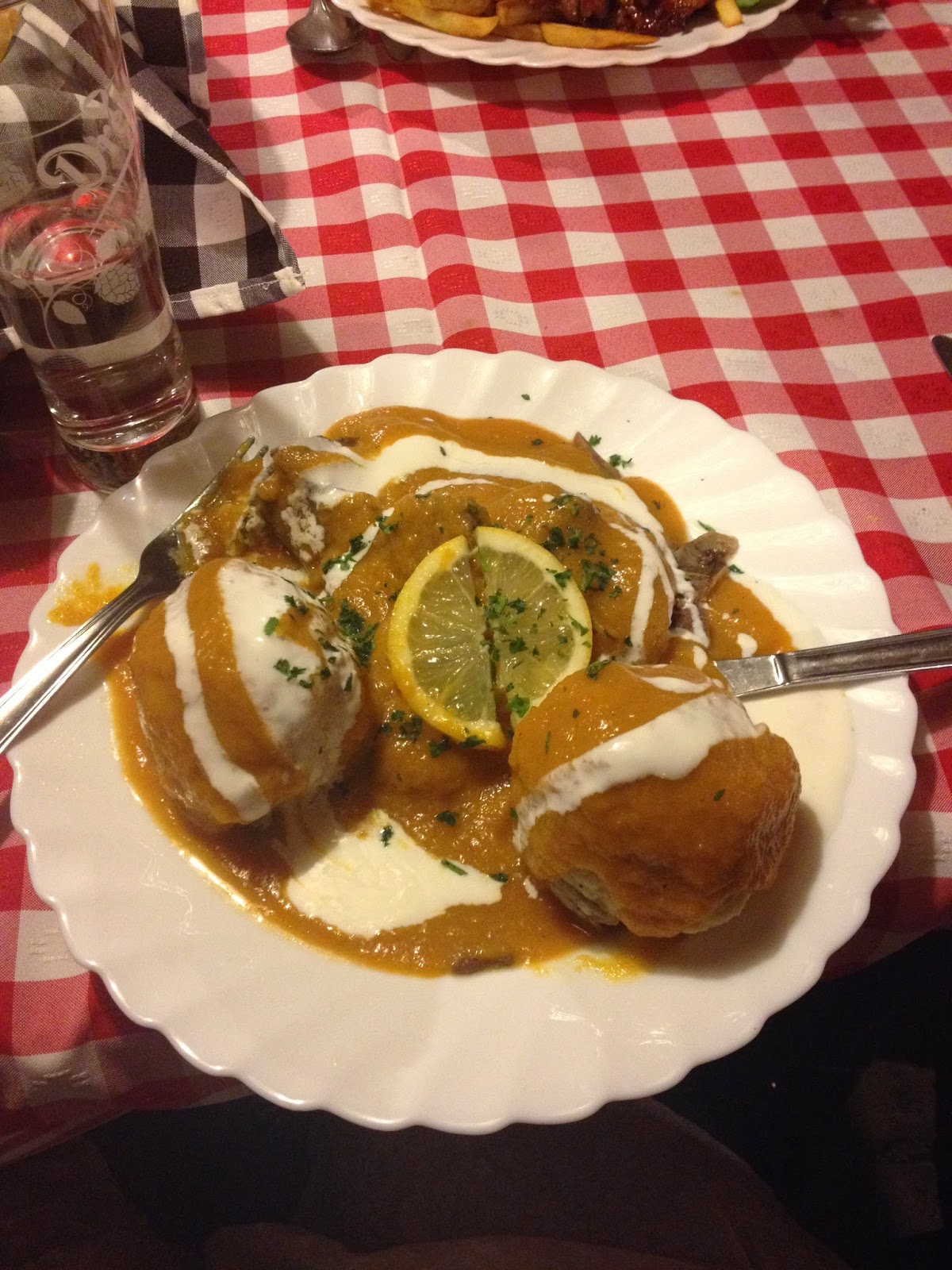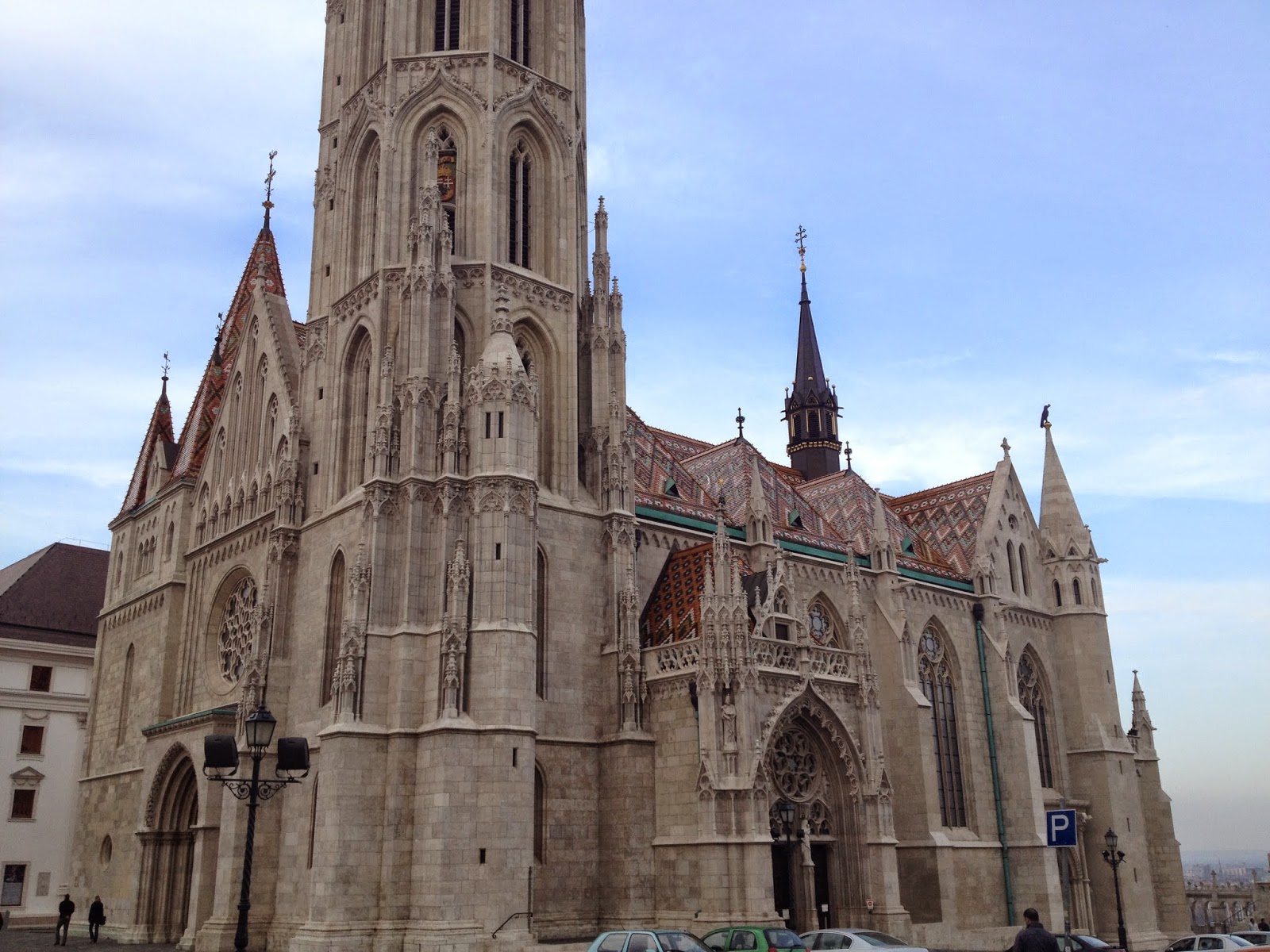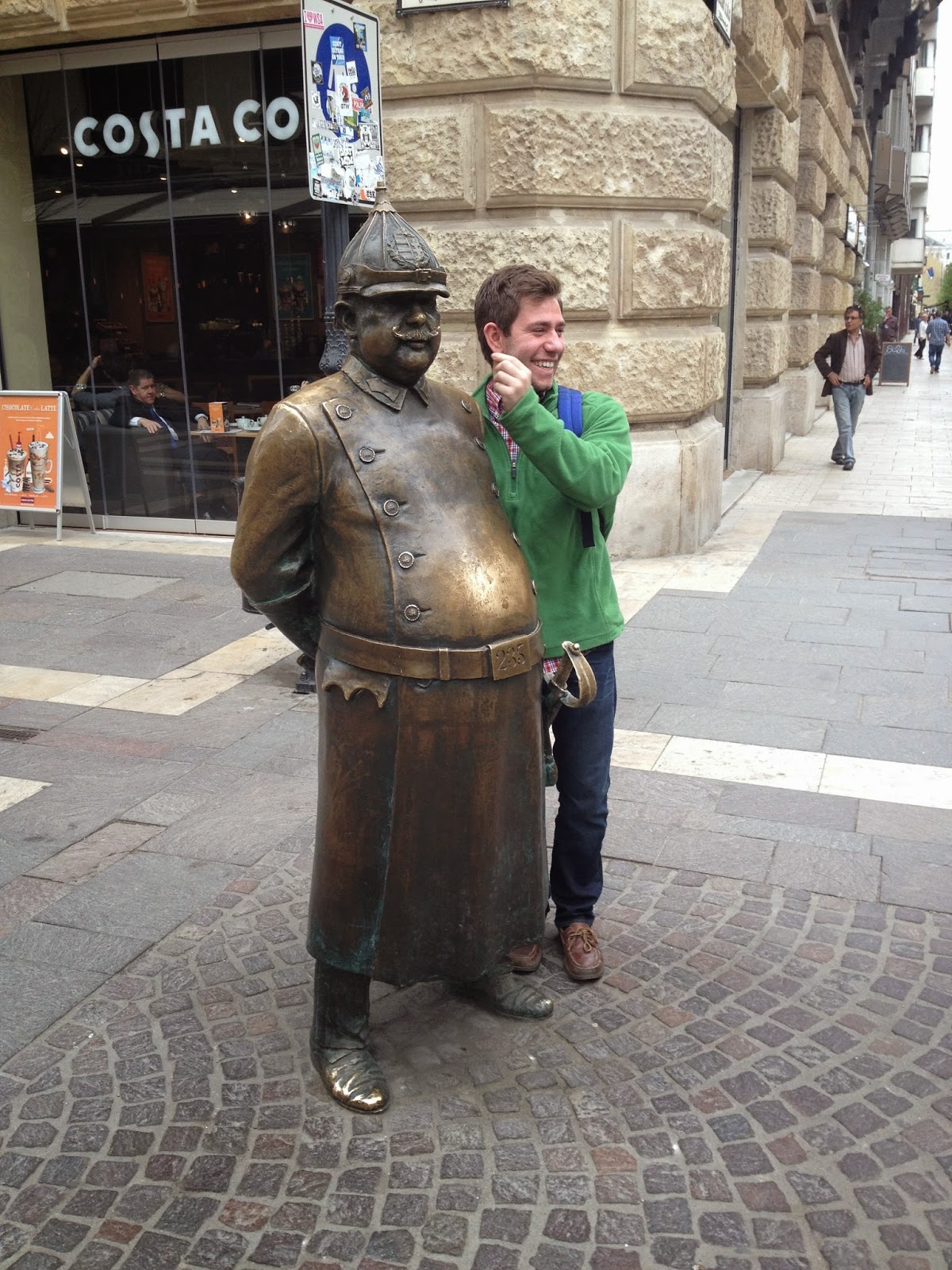The article begins by musing over Keynes's old, obviously wrong 1930 prediction that, by the year 2000, productivity increases would leave us all only working 15 hour weeks to maintain the same standard of living we had in 1930. Keynes is right that we could each work 15 hours a week and live "as well" (but obviously differently due to technology changes), and in fact probably a bit better, than we did in 1930, but clearly everyone has chosen to continue working 30, 40, and if you walk around Wall Street 60, 70, or more hours. The standard economics explanation is that we want to consume more than we did in 1930, or that maybe we get kind of bored when we don't have something to occupy us.
Graeber does not come to the standard economics explanation. He says that the "standard line" must be false because our current jobs have little to do with our current consumption pleasures (more on that assertion later), and instead formulates the theory that we overwork ourselves to entrench the dominance of the rich at the expense of the proletariat. I think the following two passages summarize Graeber's arguments well. On the conspiracy:
" The answer clearly isn’t economic: it’s moral and political. The ruling class has figured out that a happy and productive population with free time on their hands is a mortal danger (think of what started to happen when this even began to be approximated in the ‘60s). And, on the other hand, the feeling that work is a moral value in itself, and that anyone not willing to submit themselves to some kind of intense work discipline for most of their waking hours deserves nothing, is extraordinarily convenient for them."And on the results:
"For instance: in our society, there seems a general rule that, the more obviously one’s work benefits other people, the less one is likely to be paid for it. Again, an objective measure is hard to find, but one easy way to get a sense is to ask: what would happen were this entire class of people to simply disappear? Say what you like about nurses, garbage collectors, or mechanics, it’s obvious that were they to vanish in a puff of smoke, the results would be immediate and catastrophic. A world without teachers or dock-workers would soon be in trouble, and even one without science fiction writers or ska musicians would clearly be a lesser place. It’s not entirely clear how humanity would suffer were all private equity CEOs, lobbyists, PR researchers, actuaries, telemarketers, bailiffs or legal consultants to similarly vanish. (Many suspect it might markedly improve.) Yet apart from a handful of well-touted exceptions (doctors), the rule holds surprisingly well. "So, I'll begin on the conspiracy. Graeber's idea is an interesting (and arguably mutually exclusive) twist on the standard liberal interpretation of the ruling class employment conspiracy, which is that companies are unprofitably employing too few workers to keep unemployment high and thus wages low. Now, we hear that corporations are unprofitably employing too many workers to prevent the social revolution that will topple them from their 1% throne.
The hole in this theory is that firms are engaging in this unprofitable activity. These kinds of theories too often assume that the wealthy have the power to do whatever they want. Any firm that hires unprofitable workers can be undercut by another firm willing to stick with an efficient work force until the first firm goes out of business or follows suit. Even if we assume that Graeber's argument that our 40 hour work weeks are all that stand between us and a revolution of the proletariat is correct, then it's not too hard to see why firms would fail to stop the revolution. No one firm can employee all the surplus labor to prevent the revolution, so every firm needs to chip in. However, any one firm can easily free ride off the efforts of the other firms, enjoying the extra profits and protection from revolution. This means firms will shirk their responsibilities until everyone is only working 15 hours/week and joining the American Communist Party in their spare time.
Graeber has the sense to argue that the modern 40 hour work week has emerged naturally through trial and error, not from some plan hatched in a smoky board room. Nonetheless, it's unclear what mechanism would drive us towards this outcome instead of revolution. Why are companies individually giving up profits when it does them no good? Why are workers choosing to work so long when they don't need the money for anything useful? The most logically consistent answer is that these workers are profitable for the companies and that the workers want to do this work because they will use the money to buy something they care about more than their free time. We could start from the assumption that workers and firms are stupid/deluded and maybe get to Graeber's conclusion, but I don't see why that should be the automatic starting point.
I think Graeber's speculation on the effect of the modern BS job is more interesting than his questionable conspiracy theory. Graeber argues that the workers of the world are either A. well paid in a BS job we hate or B. poorly paid and under appreciated in a job that's useful but society has conspired to repress. Standard economic theory has a pretty good explanation for why jobs that seem useful, even necessary (garbage collectors) are not paid as much as jobs that seem superfluous (pro baseball player), and it's the same reason diamonds cost more than water. The problem for garbage collectors is that it's a job that anyone, (with lots of hard work!), can do, whereas only a select few have the talents to be pro baseball players. The result is that companies (or city governments) don't have to pay as much to attract the necessary number of garbage collectors whereas the baseball teams need to pay a lot to snatch up the scarce baseball talent. As Tabarrok notes at the link, "Moreover, it’s good that prices are determined on the margin. We would be very much the poorer, if all useful goods were expensive and only useless goods were cheap." The same logic applies to trash collection. Is this fair? Probably not! That's why I think redistribution makes so much sense, but that's different than saying that the wages of garbage collectors are being repressed by the 1%.
But the wage issue aside, I think Graeber is right that a lot of people hate their jobs. Wouldn't it be great if we could spend time doing things we love like painting, writing, and playing music instead of boring stuff like accounting? First of all, I think Graeber undercounts the extent to which jobs he, (or even the people doing them!) regard as BS do play an important role in bringing us the stuff we want. A lot of my fellow K students enjoyed study abroad, but we needed an airline to get us there! Graeber's theory would explain that the ones necessary to get us abroad, the pilots, stewards, baggage handlers, ect. are underpaid so that the airline can employ a bunch of finance, PR, and HR people to prevent the revolution. But, has Graeber ever thought of what would happen to a flight if the price of oil suddenly shot up? Airlines operate on thin profit margins, and an unexpected oil shock can make an airline so deeply unprofitable that a ten or twenty dollar increase can drive them out of business before the price goes down or the airline can adjust. Thus, airlines employ lots of people who try to forecast the price of oil and invest on oil commodities in such a way that if the price goes up, they'll make money to offset the losses on flights. Thus, we can always count on flights to carry us to the chateaus of France or the jungles of Thailand even if there's a crisis in Syria. Thanks BS finance jobs! I could go on through the list, pointing out how jobs it's easy to label as BS serve very useful functions that result in us being able to buy stuff and do things we want, for a price of course, which is why we work because we want those things! The problem is that the modern economy is complex, so it's not always clear how any given job is useful. But, if you're being paid for your work, that means some group of people out there is willing to give up their hard earned cash to avail themselves of some good or service you're involved in producing.
However, it's still true that a lot of people in Graeber's BS job category dislike their work. Is this the ultimate downfall of capitalism, the sign that we are stuck in an endless rat race? I think Graeber's problem is that he's someone who likes the intellectual pursuits of academia and romanticizes blue collar work (to be clear, I mostly fall into this category as well!). Graeber thus assumes that anyone not able to engage in this kind of lifestyle must wish they could enter Graeber's world of intellectual and physical pursuits. But how do people spend free time when they suddenly have more of it? Well, according to the American Time Use Survey, when people become unemployed, they spend about 20 more minutes a day reading/writing or exercising and 100 more minutes a day watching TV (see table 1 on page 5). Furthermore, people enjoy their free time less, evidence that work, even work we don't love or find super satisfying, is an important part of having a balanced day and feeling productive. I think this SMBC comic sums up my thoughts well.
There are lots of things in this world that we love so much that we do them for free, like blogging or making youtube videos. But then there are other things, like managing an airline's exposure to oil price risk, that are not so much fun that we'd do them in our spare time. The fact that we pay people willing to train for and do such jobs more than we pay people in jobs that are fun/satisfying is not evidence of a great 1% conspiracy or a sign that our work is keeping us from enjoying life. Rather, it's a way of saying, on a massive scale, "hey, I want to do something that requires you to do something that's not much fun, but I'm guessing you probably want stuff like eating out at restaurants, healthcare, or watching major league baseball, and that requires other people to do stuff that's not much fun. So, if you're willing to work so I can do the thing I want, I'll make sure you can get some of those other things you want". Fundamentally, it's because lots of people are willing to make that sort of trade off that we work 40 hours today instead of working 15 hours and living like we did in 1930.
